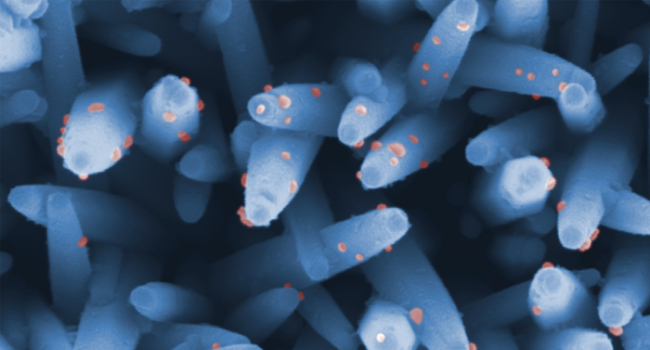Japanese scientists have developed a device for detecting brain tumors by analyzing urine. The study by Nagoya University researchers has been published in ACS Nano.
Early detection of many types of tumors has increased cancer survival, but the survival rate for brain tumors has remained almost unchanged for more than 20 years. This is because doctors often do not detect brain tumors until after neurological symptoms, including movement or speech disorders, are present when the tumor reaches a significant size.
The development by Japanese scientists helps detect specific membrane proteins CD31 and CD63 in urine. These nanoscale particles are involved in communication between cells, including cancer cells. Many extracellular vesicles from cancer cells are excreted with urine without being destroyed.
Scientists tested the device on urine samples from patients with cancer and healthy people. They showed that the content of membrane proteins CD31 and CD63 in the urine of patients with cancer was more than twice as high as in healthy people.
In the future, the development will make it possible to diagnose brain cancer without complicated tests, increasing the likelihood of early detection of tumors and successful surgical intervention. The study could also have potential implications for the detection of other cancers.


